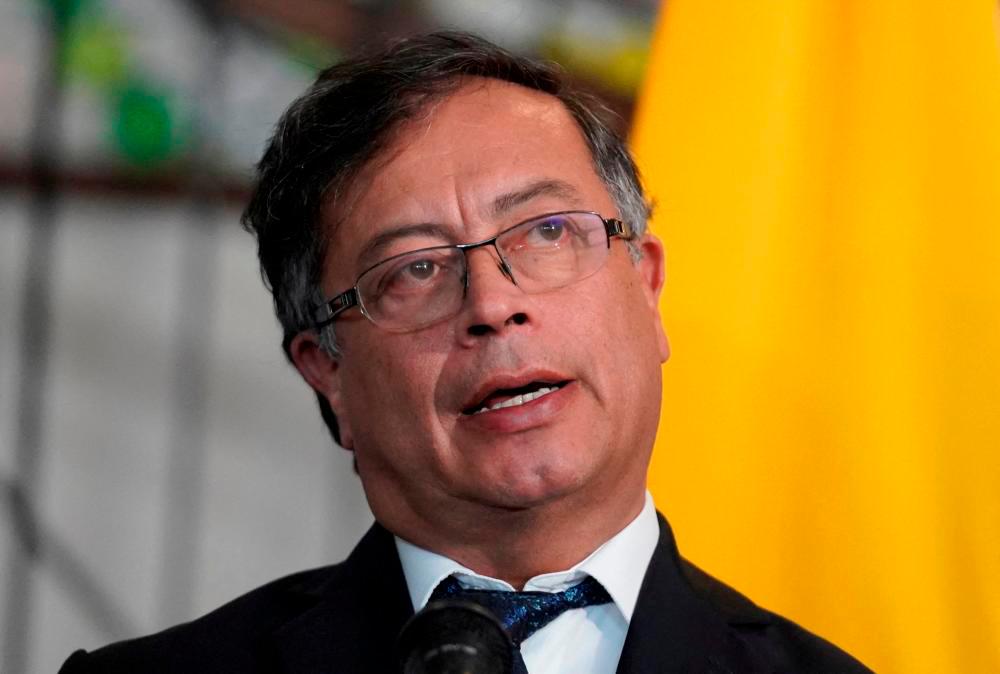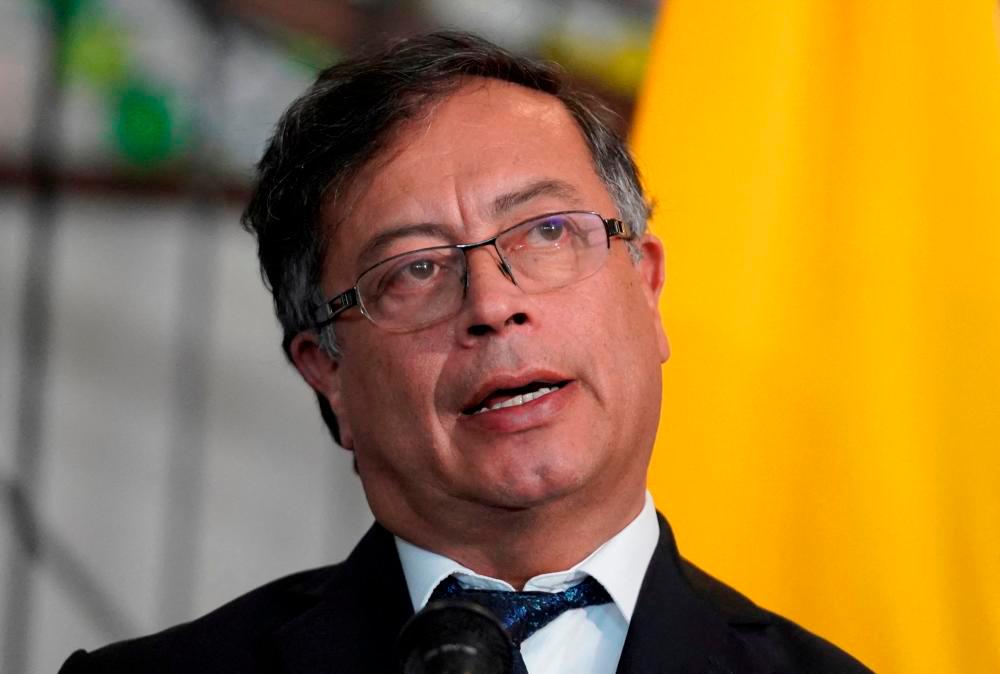BOGOTÁ, June 6 (NNN-AGENCIES) — Colombia’s President Gustavo Petro has been drawn into a scandal involving the unlawful wiretapping of his former chief of staff’s nanny, with claims of illegal financing leveled at his campaign.
Petro’s ex-aide Laura Sarabia and his ambassador to Venezuela, Armando Benedetti, are under scrutiny after Sarabia’s nanny allegedly fell victim to illegal surveillance following the disappearance of thousands of dollars from her employer’s house.
To gain access to her calls, a false police report was allegedly used to link the nanny to organized crime — none less than the notorious Gulf Clan drug cartel, Attorney General Francisco Barbosa told a press conference last week.
The nanny, Marelbys Meza, has also claimed she was subjected to illegal interrogation and a lie detector test in January at a building annexed to the presidential palace in Bogota.
Sarabia and Benedetti stepped down last week and leveled accusations of wrongdoing against one another after prosecutors said the pair would be called to testify in a probe into Meza’s allegations.
Then on Sunday, the newspaper La Revista Semana published an expletive-riddled recording of Benedetti threatening Sarabia with his knowledge of alleged illegal campaign funding to the tune of $3.5 million.
Benedetti, a key aide to Petro’s successful 2022 election campaign, was reported saying they would all go to jail if he is pushed into spilling the beans.
Colombia’s national electoral council (CNE) said Monday it was opening an investigation into Benedetti’s claims and summoned Benedetti and Sarabia to appear before it on July 13 for “alleged irregularities in the financing” of Petro’s campaign.
On Monday, Petro, the country’s first-ever leftist president, said on his Twitter account that no one in his cabinet nor leaders of the security or intelligence forces “had ordered telephone interceptions or illegal raids.”
Petro also denied knowledge of illegal raids, blackmail, or accepting “campaign money from people linked to the narco” drug trafficking networks.
“I don’t accept blackmail,” said Petro, and expressed solidarity with Sarabia.
In a tweet, Benedetti said the recordings revealed by the newspaper had been “manipulated.”
He offered an apology which Petro accepted while insisting Benedetti “must explain his words to the prosecution and the country.”
According to Benedetti himself, Meza had worked for him until June last year, when she was fired on suspicion of stealing thousands of dollars and failed a polygraph test.
He then introduced her to Sarabia, who hired Meza last August.
In January this year, the nanny was allegedly made to take another polygraph test, this time on suspicion of stealing $7,000 from Sarabia’s house.
“I felt kidnapped, stunned…” Meza said in a newspaper interview that fired up social media and unleashed the investigation that has turned a domestic quarrel into a political embarrassment.
Sarabia later claimed Benedetti had set her up by introducing her to Meza and then blackmailed her into supporting his bid for a ministerial post in exchange for making the nanny’s claims disappear.
Benedetti, in turn, accused Sarabia of “abuse of power, kidnapping (of Meza) and intimidation.”
Colombia has seen several wiretapping scandals in its troubled past, with Petro himself having received compensation for being illegally targeted by a government surveillance unit dissolved in 2011.
The storm around Meza’s claims is the latest in a series of blows for Petro, with a parliamentary coalition meant to be backing his reforms becoming increasingly fractured, stalling his political program.
Petro’s approval rating has dropped from 50 percent last November to 34 percent in May, according to an Invamer poll. — NNN-AGENCIES







